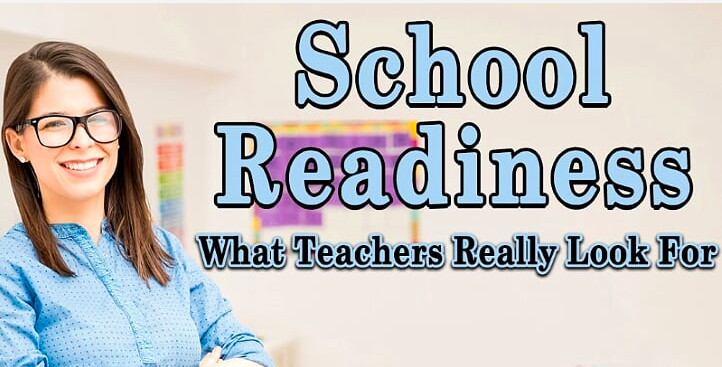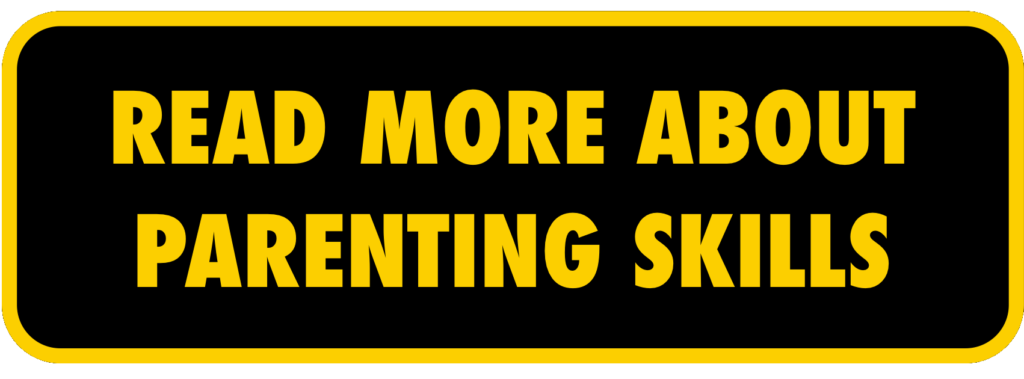School Readiness – What Teachers Really Look For
When we hear the term “school readiness,” the first things that most people think of are the ABCs and 123s that’ll help their kids meet the academic demands of the classroom. While cognitive skills are important, what teachers actually want to see are the social, emotional, and physical skills that are just as, if not more important. Children who have these skills enter the classroom feeling more confident and secure than children who were solely prepared academically.
Amy Graham from Charles Darwin University conducted a study that found that 45% of the teachers she interviewed were more concerned with a child’s confidence, independence, and self-regulation skills when entering the classroom.
Studies from the UK have had the same findings. As one teacher said, “We can teach them to write their name, but it’s important to have kids who can function in the classroom.”
This information is powerful for parents to know. While many parents may focus on academic skills as they prepare their child for school, there are many things that parents do in their day-to-day routines that will have an effect on their child’s school readiness. Things such as modeling kindness and respect to others, creating and maintaining a routine, having conversations about how to delay gratification or how to respond when you don’t get your way, or playing games that improve gross & fine motor skills all contribute to how their child will perform when they start school.
One important thing that children learn from parental modeling is self-regulation. Managing thoughts and feelings is a big undertaking for a child, but they can learn this easily by having their parents as role models for appropriate responses. The key to instilling these traits is creating more purposeful opportunities for learning so their readiness in these areas is greater.
One great strategy for improving a child’s school readiness is to give them a chance to experience structured activities outside of the home and away from family for periods of time. This increases their confidence and helps them be more comfortable when it’s time to attend school. Krav Junior classes are definitely one way to provide that type of experience. The program is structured as a game-based self defense system grounded in child development & psychology. This cutting-edge, research-driven approach encompasses the physical, intellectual, emotional, & social development of children. What better way is there for a child to prepare for school than by participating in a program based on the developmental needs of children?
The best part of the Krav Junior system is that it is divided up by age groups from 3- to 12-years-old. More specifically, the Kids Division (age 3-5) is top-notch in preparing children for success in school. Each class focuses on the developmental stages for that age. Therefore, students learn skills such as following directions, listening, and sharing, and teamwork in addition to the gross motor skills that are considered landmarks for that age. These skills build on each other and each level provides a foundation for the next.
Helping young children prepare for their first day of school doesn’t happen overnight. Providing them with consistent, purposeful experiences that support their overall development will get them started on the road to success not just in school, but in life.
Source: SKILLZ


Comments are closed.